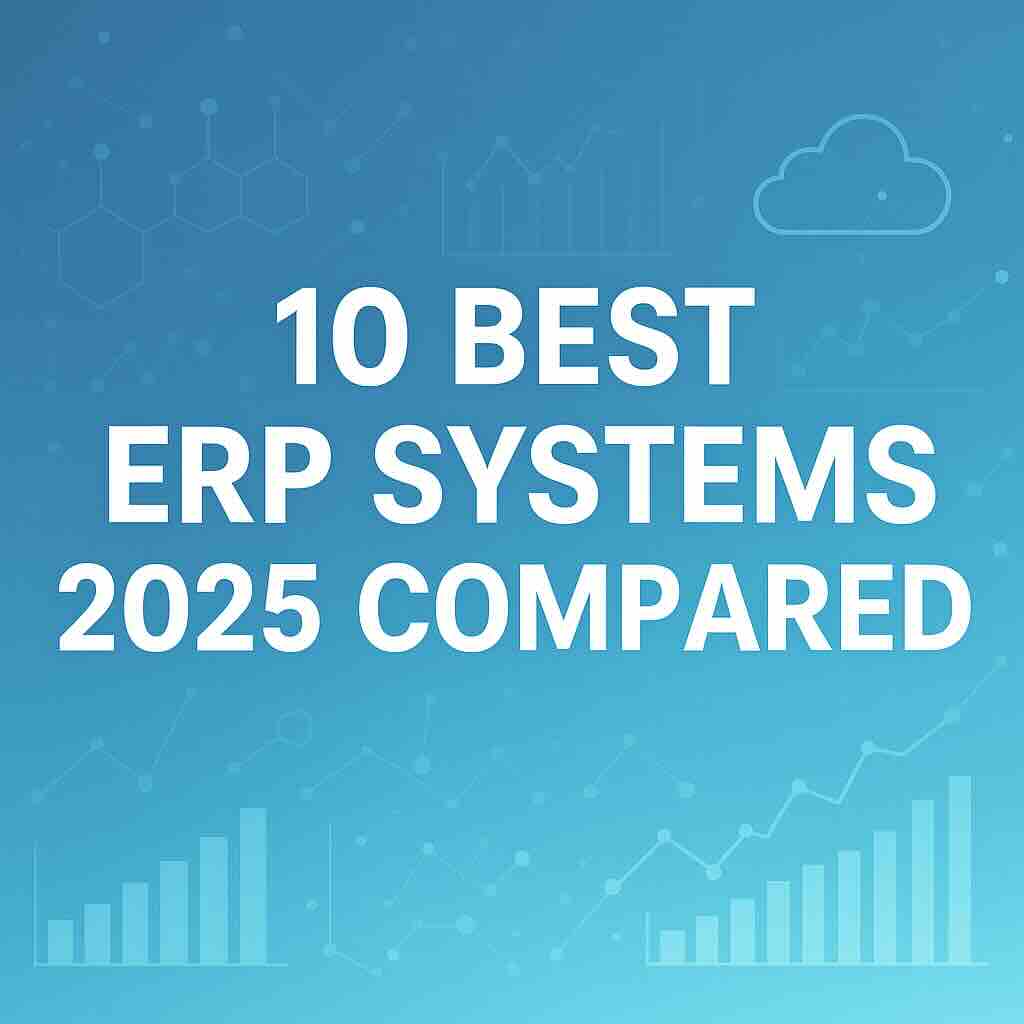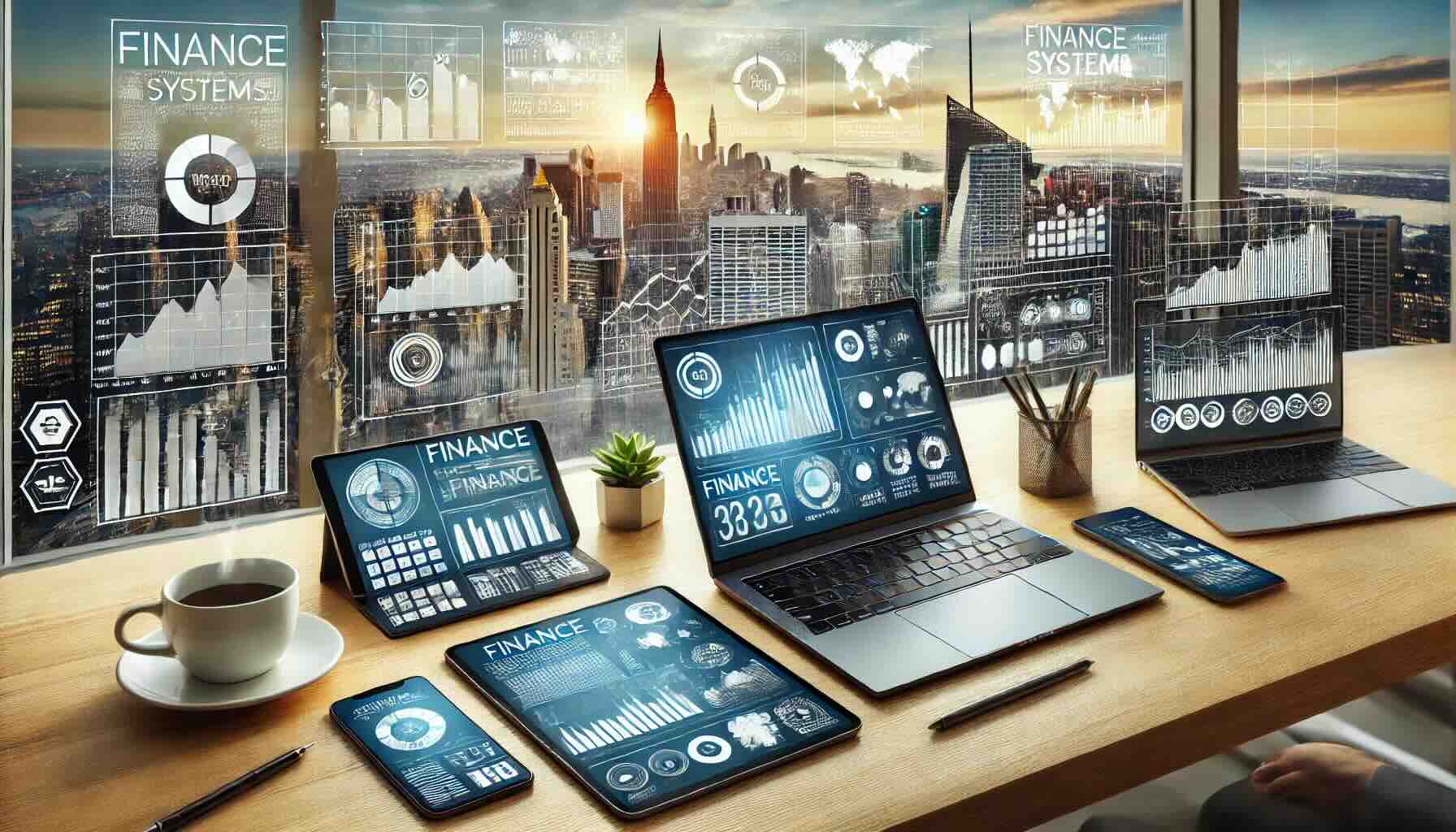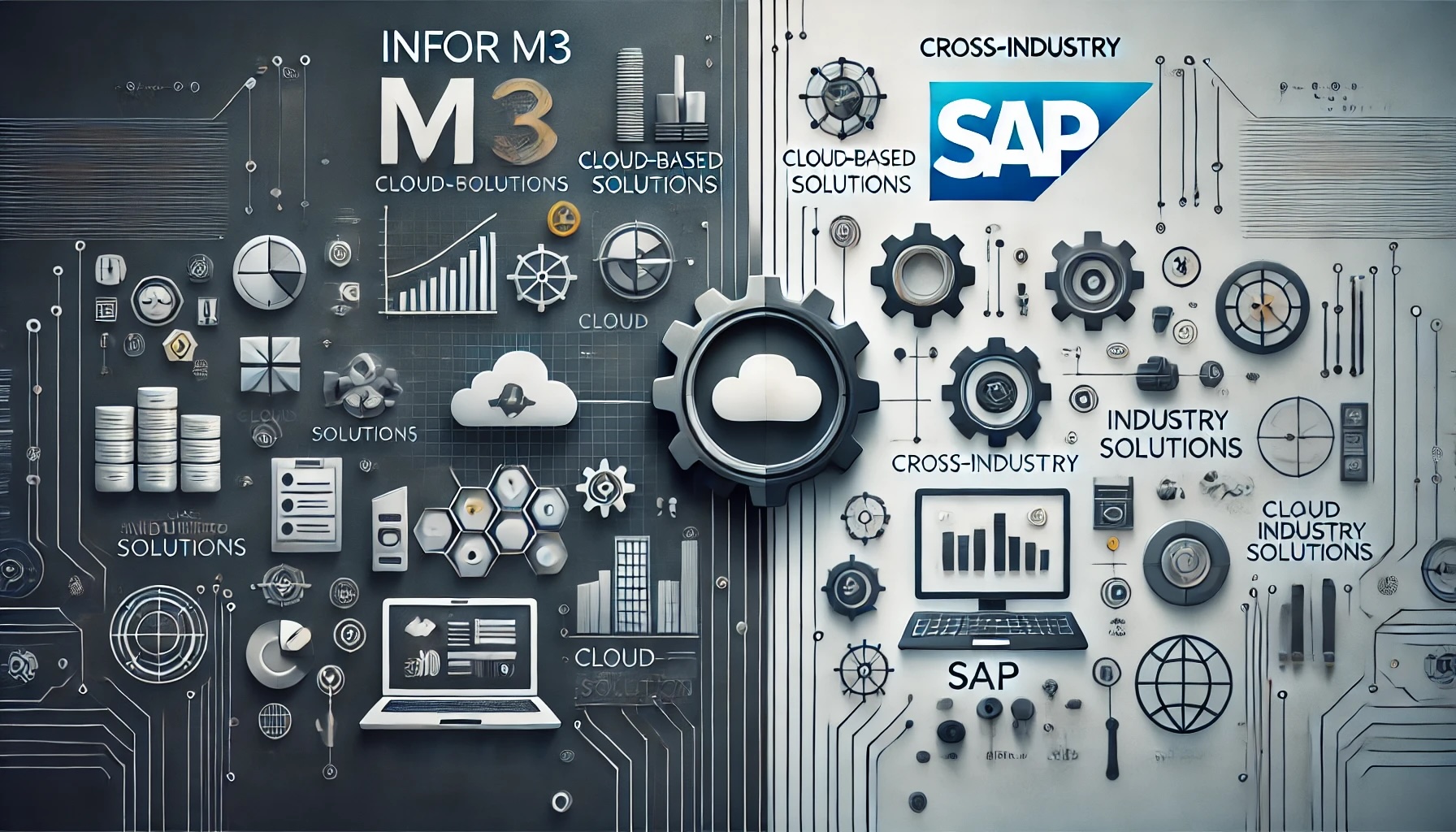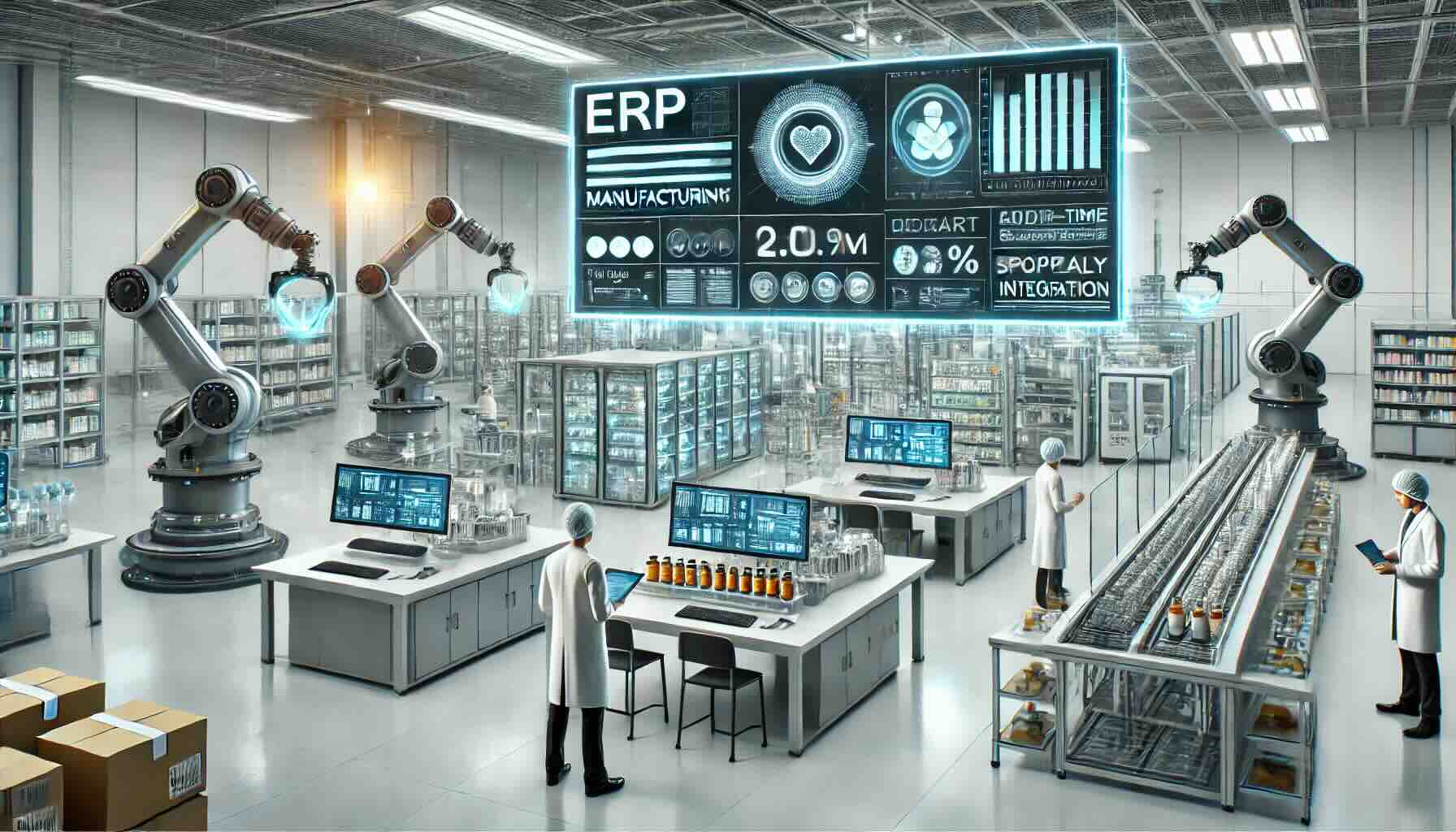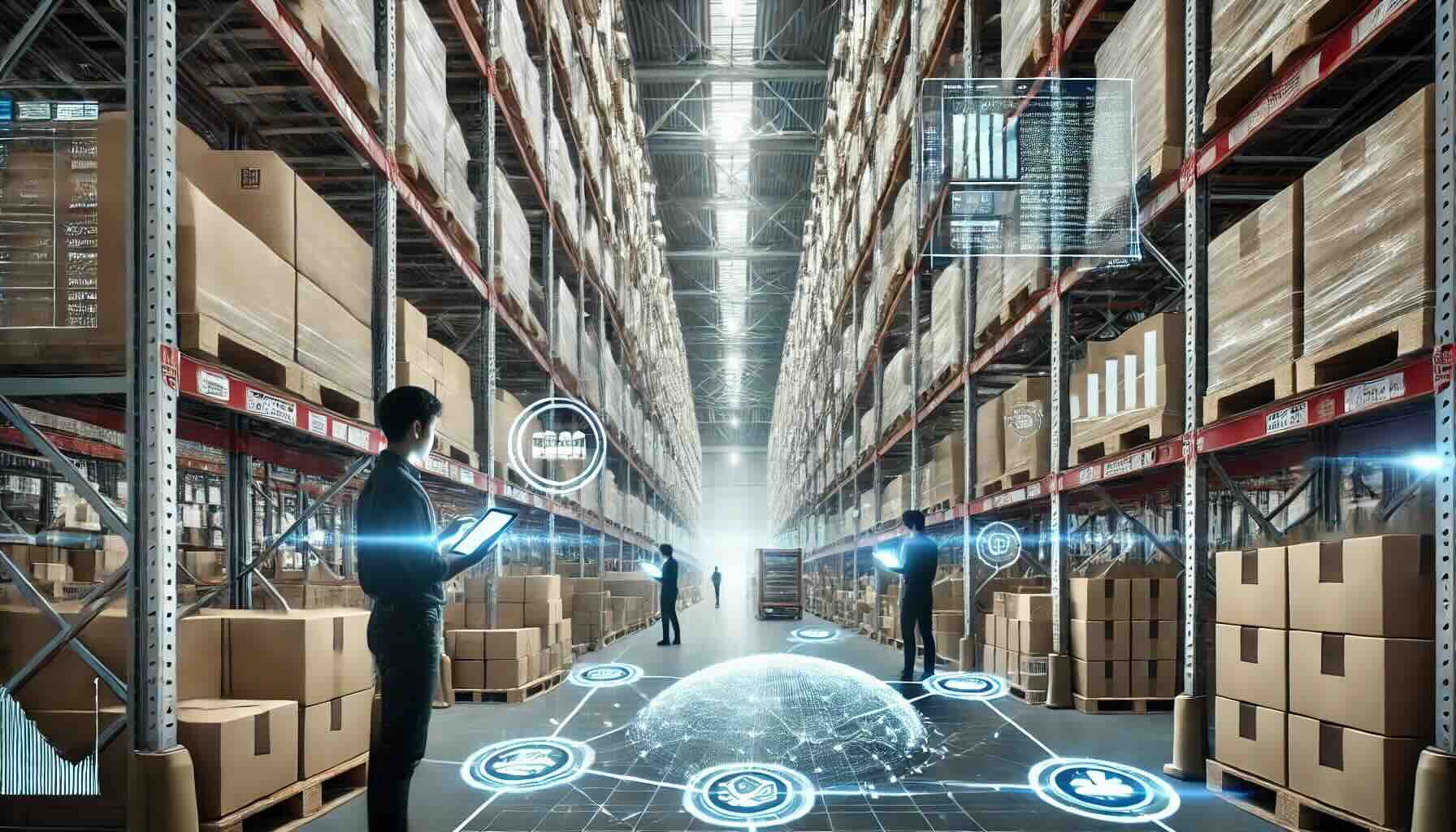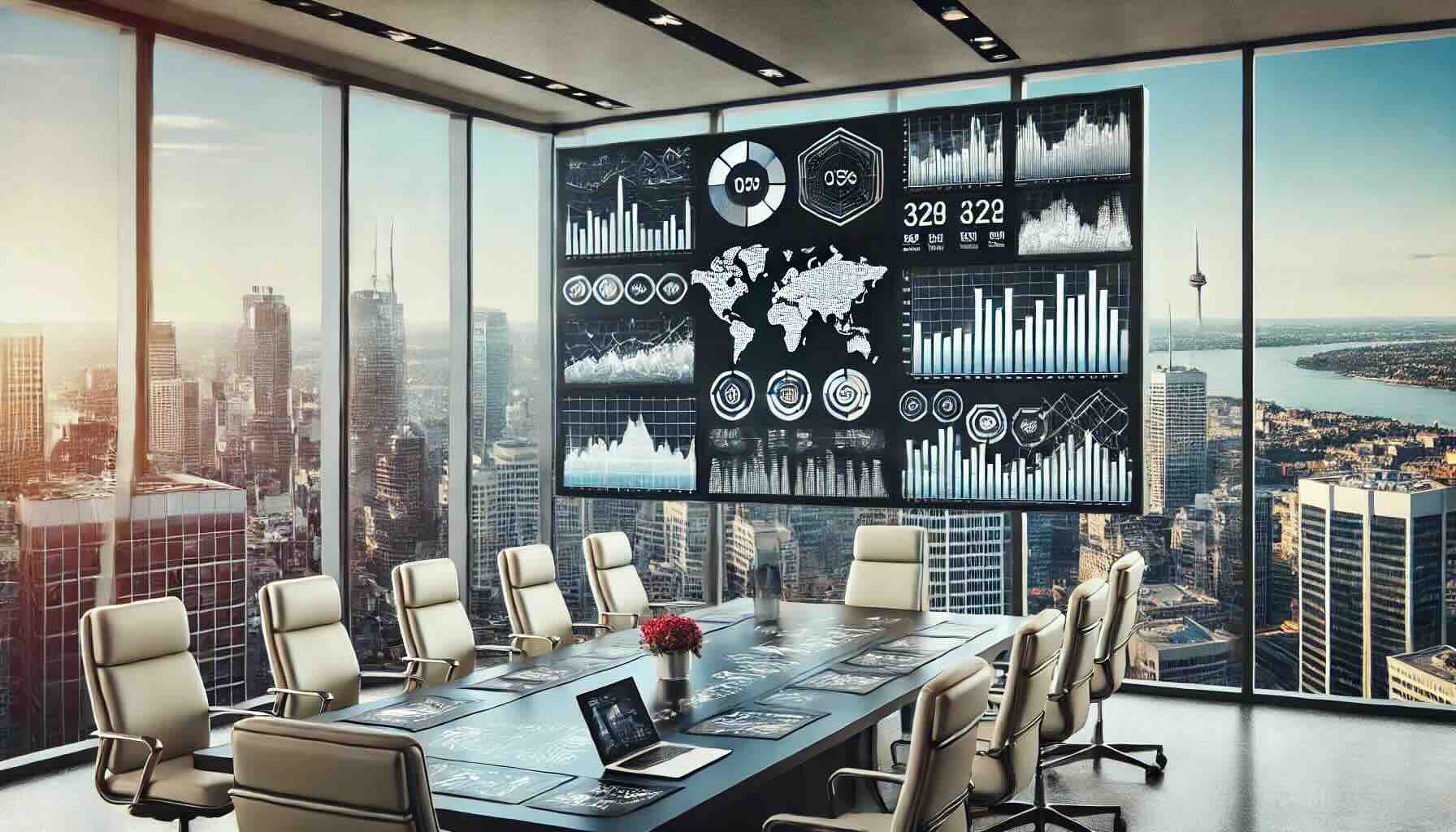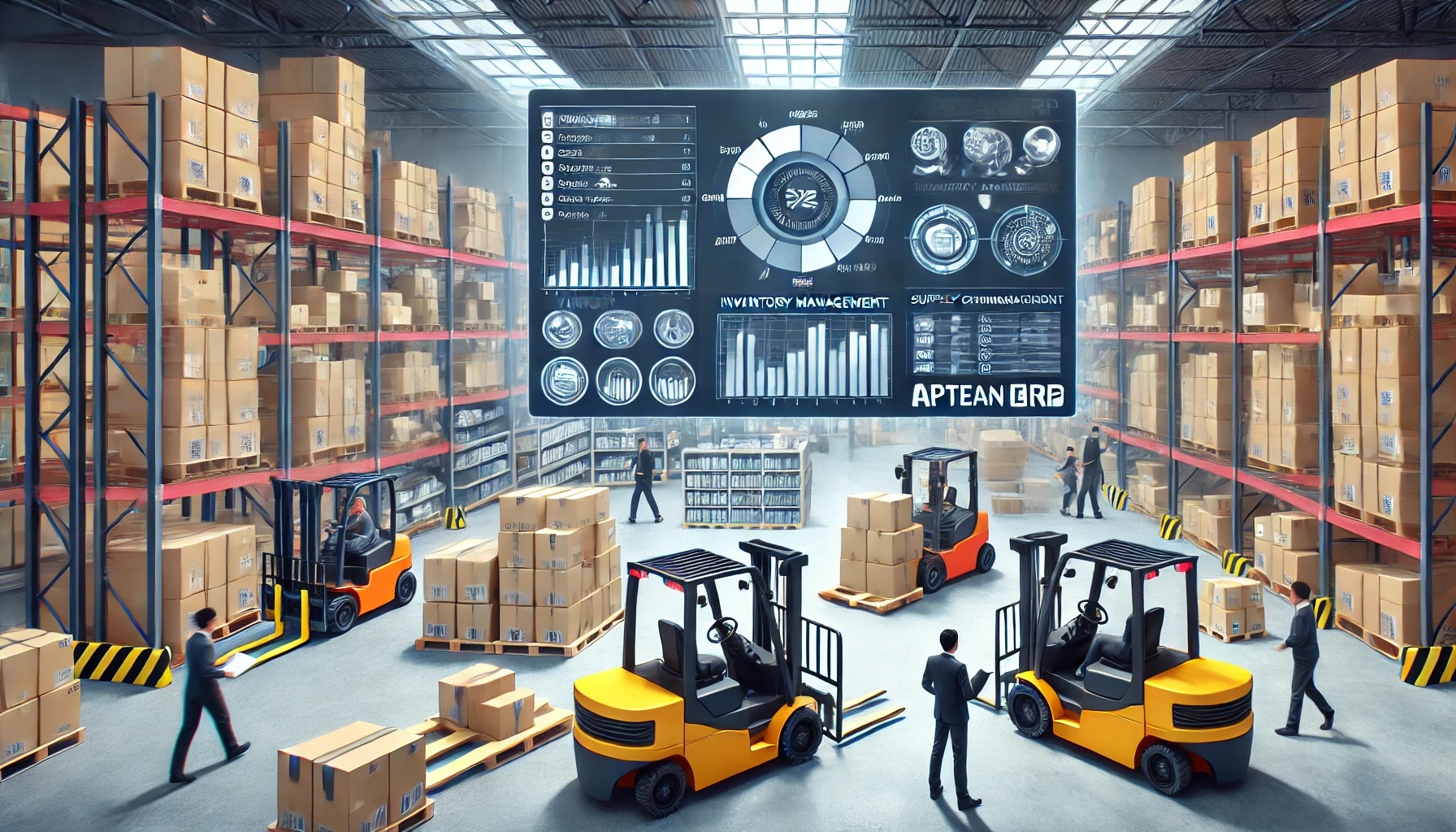Compare ERP for Retail Businesses
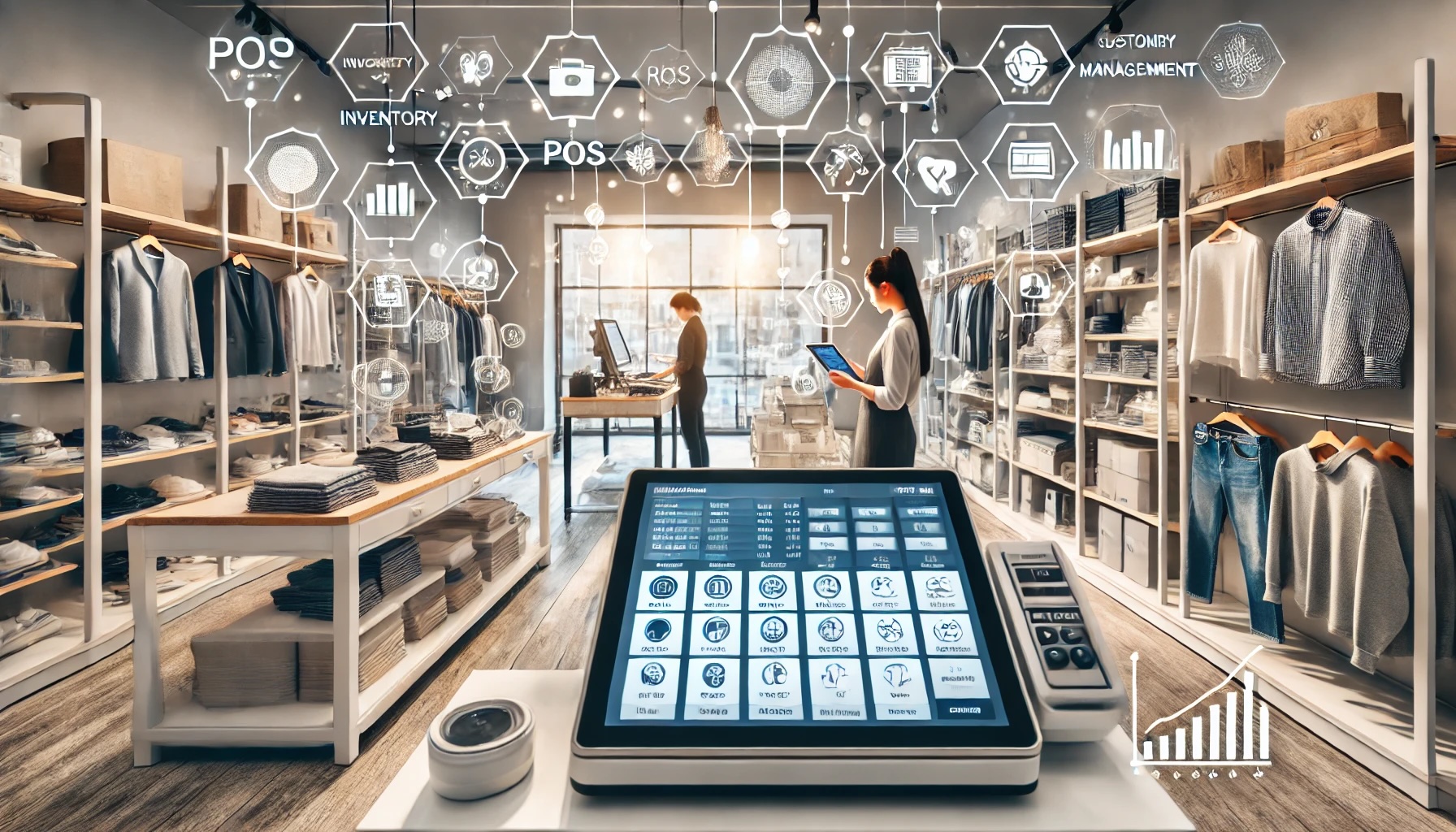
In the dynamic and highly competitive world of retail, Enterprise Resource Planning (ERP) systems stand as the backbone for successful operations, integrating various aspects of a business into a unified system. With the retail industry constantly evolving, the necessity to compare ERP for retail solutions becomes paramount for businesses aiming to stay ahead. This analysis delves into the world of ERP systems, particularly focusing on their application in the retail sector. The aim is to provide an insightful comparison of various ERP solutions tailored to the retail industry, highlighting how these systems adapt to the unique challenges and opportunities within this sector.
The Role of ERP in Retail
ERP systems in the retail sector are much more than mere back-office functions. They encompass everything from supply chain management, inventory control, customer relationship management (CRM), sales and marketing, to human resources. The right ERP solution can significantly streamline operations, offering real-time data analytics, improving inventory management, and enhancing the customer shopping experience. It becomes crucial to compare ERP for retail solutions to understand how they cater to these diverse needs.
SAP S/4HANA: A Comprehensive Solution
SAP S/4HANA is renowned for its comprehensive approach to ERP solutions in the retail sector. It offers robust analytics, extensive supply chain management tools, and efficient inventory management systems. One of SAP S/4HANA’s strengths lies in its real-time data processing capabilities, which allow for instant insights into customer behaviors, sales trends, and inventory levels. However, it’s essential to note that SAP S/4HANA can be complex to implement and may require significant investment, making it more suitable for larger retail organizations with more resources. Click this link to find out more about SAP S/4HANA for retail.
Oracle Cloud ERP: Flexibility and Cloud-First Approach
Oracle Cloud ERP is another major player in the ERP retail space. Known for its flexibility and cloud-first approach, Oracle Cloud provides an agile and scalable solution that can adapt to the changing demands of the retail industry. This system excels in areas such as financial management and CRM. However, the customization options, while beneficial, can also add to the complexity and cost of implementation. Click this link to find out more about Oracle Cloud ERP for retail.
Microsoft Dynamics 365: Integrating CRM and ERP
Microsoft Dynamics 365 stands out by seamlessly integrating CRM and ERP functionalities. This integration offers a unique advantage in managing customer relationships alongside operational processes. Dynamics 365 is user-friendly and integrates well with other Microsoft products, which many businesses already use. Its limitation, however, might be in handling the complexities of large-scale retail operations compared to SAP S/4HANA or Oracle Fusion. Click this link to find out more about Microsoft Dynamics for retail.
Infor: Industry-Specific Capabilities
Infor offers ERP solutions with a focus on industry-specific capabilities, making it a strong contender in the retail sector. Infor’s solutions are known for their user-friendly interfaces and robust functionalities in areas like supply chain management and inventory optimization. While Infor provides strong customization options, this can sometimes lead to longer implementation times. Click this link to find out more about Infor for retail.
Comparing ERP for Retail: Finding the Right Fit
When looking to compare ERP for Retail, it’s essential to consider various factors such as the size of the business, the complexity of operations, budget constraints, and specific retail needs. Each ERP solution offers unique strengths: SAP S/4HANA’s comprehensive and real-time data processing, Oracle Fusion’s flexibility, Microsoft Dynamics 365’s integration of CRM and ERP, and Infor’s industry-specific focus.
Conclusion
The decision to implement an ERP system in the retail sector is a significant one. Compare ERP for Retail solutions not just on their features, but also on how they align with your business’s strategic goals and operational needs. The right ERP solution can transform your retail operations, providing the agility and efficiency needed to thrive in today’s competitive marketplace. As the retail industry continues to evolve, so too will the capabilities and features of these ERP systems, making ongoing comparison and evaluation a necessity for retail businesses aiming to maintain a competitive edge.
To compare these ERP solutions and many more, you can use our new AI-powered Compare ERP tool. It’s free to use and you get a guaranteed discount on your first year’s licence fees with a referral from Compare ERP.


